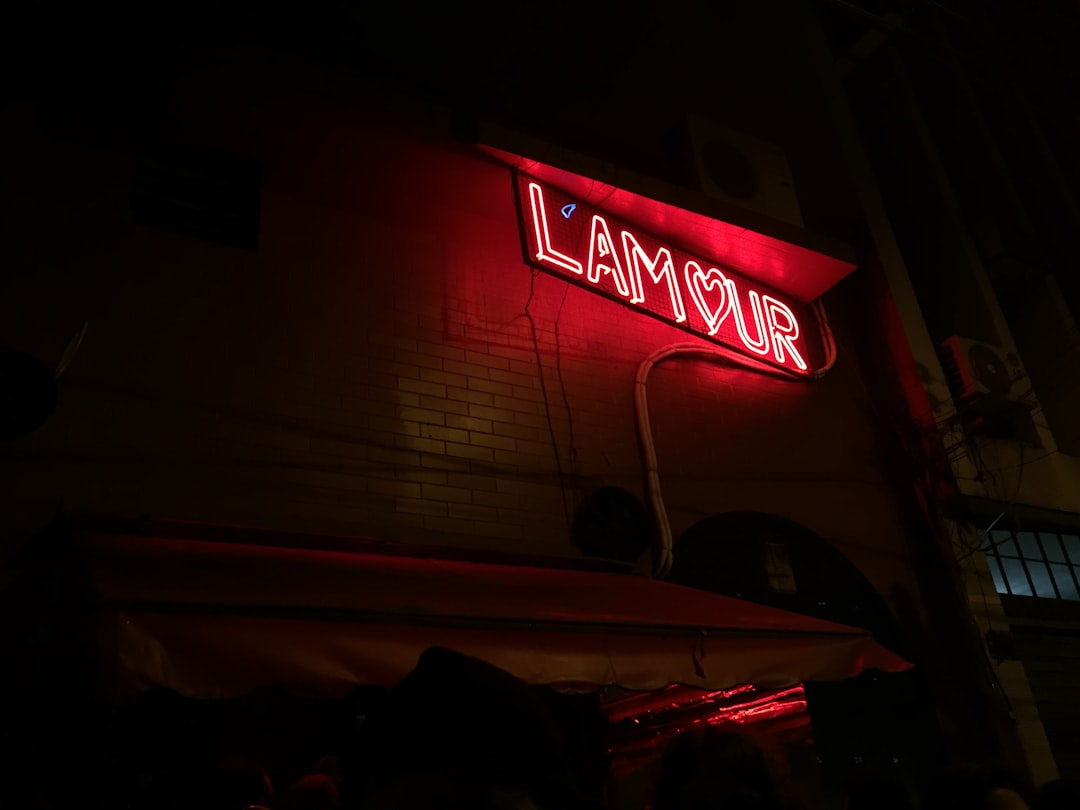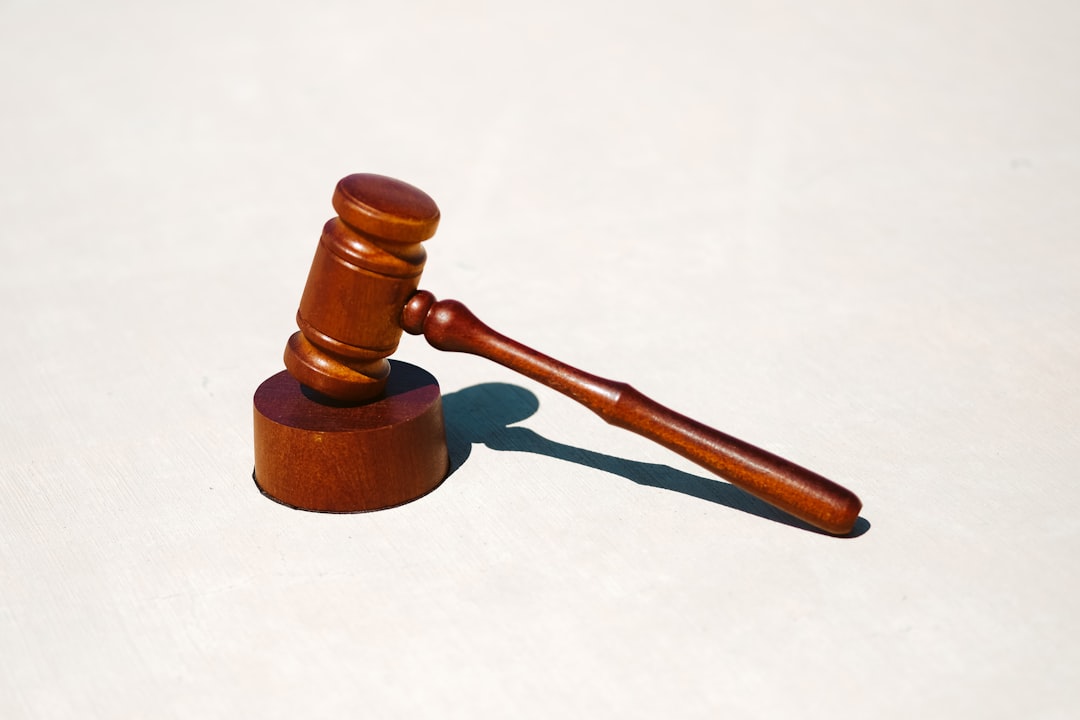In Oregon, a unique defense strategy for sexual assault cases involves intoxication negating consent. A specialized rape law firm presents expert evidence to demonstrate defendant impairment, countering claims of non-consensual acts despite alcohol or drug use. These firms employ strategic legal approaches and witness testimonies to prove consent in the face of intoxication, protecting accused clients' rights within Oregon's stringent rape laws.
In the complex landscape of rape law, understanding intoxication as a defense strategy is crucial for navigating high-stakes sex crime cases in Oregon. This article delves into how legal definitions and requirements play a pivotal role, examining challenges and loopholes often encountered by rape law firms in Oregon. We explore the significance of expert witnesses and robust legal advocacy in shaping outcomes for those accused, emphasizing the importance of meticulous evidence evaluation and skilled representation.
Understanding Intoxication as a Defense Strategy

Intoxication, or being under the influence of alcohol or drugs, can serve as a complex defense strategy in sexual assault cases. In Oregon, where rape laws are stringent, this legal concept plays a significant role in defending individuals against serious sex crimes. When presented as a defense, intoxication aims to establish that the accused’s mental state at the time of the alleged crime was impaired, rendering them incapable of forming the specific intent required for conviction.
A rape law firm in Oregon might argue that their client’s consumption of substances led to a loss of capacity to consent or to understand the nature of the act, thereby mitigating culpability. This strategy requires careful examination of the evidence, including toxicology reports and witness testimonies, to demonstrate that the defendant was, indeed, intoxicated to the extent that it affected their actions and decisions during the incident in question.
Legal Definition and Requirements in Oregon

In Oregon, intoxication is a potential defense in sex crime cases, including those involving alleged rape, as per the state’s rape law. However, establishing this defense requires a nuanced understanding of legal definitions and requirements. A rape law firm Oregon specializes in these intricate matters can offer invaluable guidance.
Oregon defines rape as sexual penetration that occurs without consent. The key element here is lack of consent, which can be established if the defendant was so intoxicated that they were unable to make rational decisions, thereby negating their capacity to give valid consent. This defense isn’t automatic; it hinges on demonstrating both the level of intoxication and its direct correlation with the inability to consent. A qualified rape law firm Oregon can help navigate these complexities by presenting evidence from medical professionals or toxicologists to support the defendant’s state of intoxication during the alleged incident.
Challenges and Loopholes in Sex Crime Cases

In Oregon, as in many jurisdictions, sex crime cases often face significant challenges. One prominent issue is the potential for intoxication to be used as a defense, which can complicate prosecution efforts. If an accused person can argue that their state of intoxication impaired their ability to consent or understand the nature of the act, it may lead to reduced charges or even acquittal. However, this defense has loopholes; the line between voluntary intoxication and forced consumption is fine, and proving intent or lack thereof can be difficult.
Rape law firms in Oregon often navigate these complexities, employing expert witnesses and intricate legal strategies to counter intoxication defenses. The challenge lies in demonstrating that any sexual act was consensual despite alcohol or drug use, which requires careful analysis of evidence, witness testimonies, and sometimes even forensic reports. Effective representation in such cases demands a deep understanding of both the law and the nuances of intoxication’s impact on human behavior.
The Role of Expert Witnesses and Legal Advocacy

In cases of sexual assault, the role of expert witnesses is pivotal in navigating complex legal landscapes. These specialists, often drawn from fields like psychology, toxicology, and forensic science, provide critical insights that can challenge or bolster prosecution claims. Their testimony offers a deeper understanding of intoxication’s impact on an individual’s behavior and decision-making, which is particularly relevant in defense strategies for rape law firms in Oregon. By presenting expert analysis, defense attorneys can humanize their clients, especially when intoxication is a central defense theme.
Legal advocacy plays a complementary role by ensuring that the rights of the accused are protected. Skilled lawyers employ strategic maneuvers to gather and present evidence effectively. They may challenge the admissibility of certain types of evidence or testify on behalf of their clients to counter allegations of sexual assault. The interplay between expert witnesses and legal representation strengthens defenses in rape cases, underscoring the importance of comprehensive legal strategies tailored to Oregon’s rape law firm environment.






